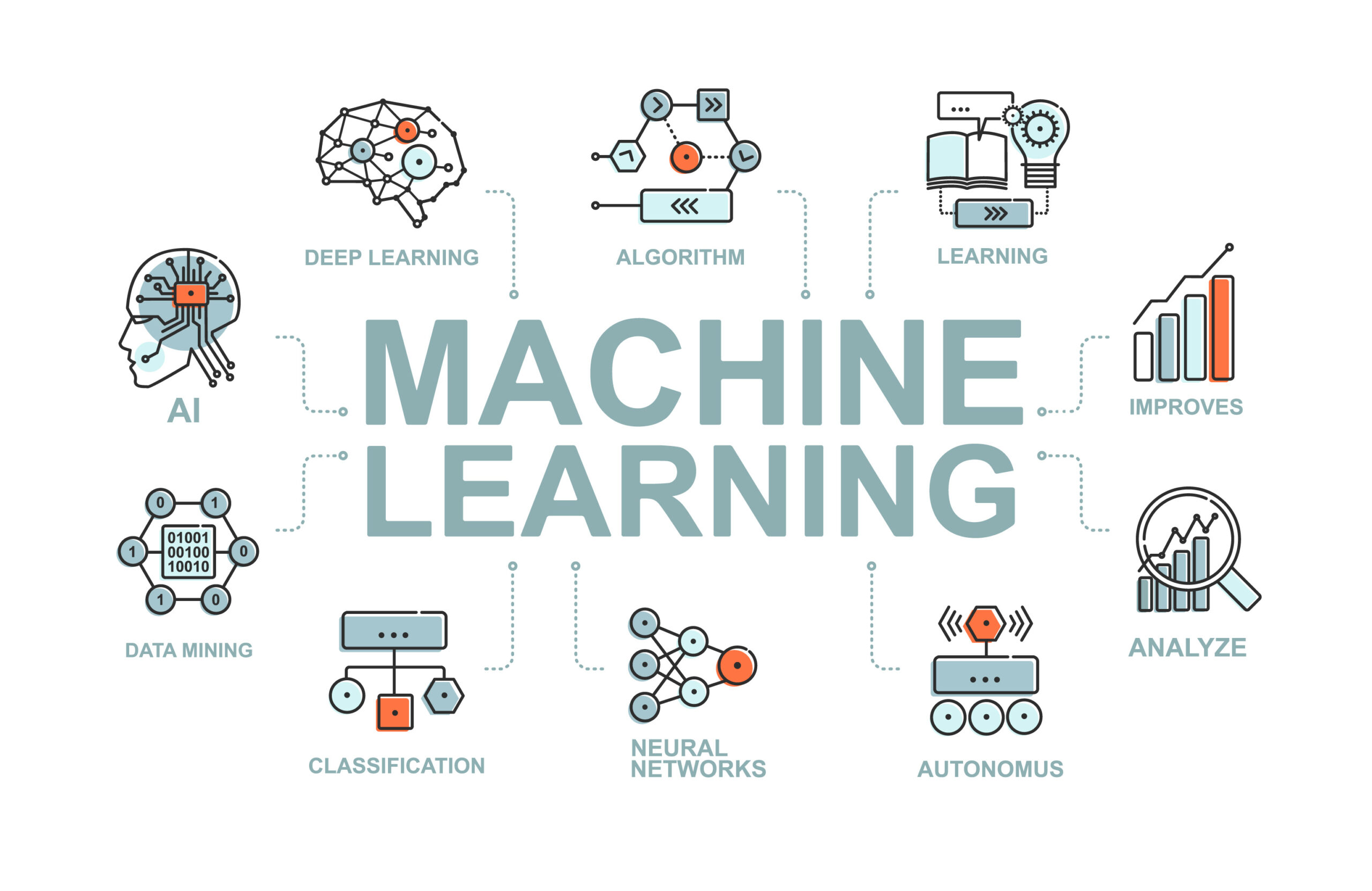Streamlining Processes: AI Technologies for Productivity Gains

Within today's rapidly evolving business landscape, enterprises are constantly seeking ways to improve their productivity and simplify operations. The emergence of AI has introduced revolutionary tools that can revolutionize how businesses operate, allowing them to adapt quickly to shifting market conditions and customer demands. By utilizing the power of AI, organizations can streamline repetitive tasks, process vast amounts of data, and enhance decision-making processes, which contribute to substantial efficiency gains.
The incorporation of AI into daily business operations is not just a trend; it is a strategic move that can yield significant advantages. From predictive analytics that anticipate customer needs to intelligent automation that reduces manual workload, AI tools provide businesses with the capabilities to maximize resources and promote innovation. Embracing these technologies can lead to enhanced productivity, financial benefits, and eventually a market advantage in the market.
Artificial Intelligence in Automation Processes
Artificial Intelligence is transforming process automation across various sectors, enhancing productivity and reducing the likelihood of errors made by humans. By incorporating machine learning and robotic process automation, businesses can simplify repetitive tasks that previously required manual input. This not only liberates employees to concentrate on more important tasks but also ensures that processes are executed uniformly and swiftly, leading to substantial time reductions and improved efficiency.
One of the primary benefits of artificial intelligence in automation processes is its capability to assess large amounts of data in real-time. This allows organizations to identify ineffective areas and bottlenecks in their workflows, permitting them to make informed decisions that optimize operations. For instance, AI can track supply chain, predicting holdups and suggesting adjustments to minimize interruptions. This proactive approach enhances overall operational agility and reaction to market changes.
Furthermore, automation powered by AI fosters growth potential for businesses. As requirements fluctuates, AI technologies can adjust to increase or reduce output without the need for substantial human input. This flexibility not only helps companies manage costs but also enables them to capture new prospects swiftly. With AI in place, businesses can reach higher levels of service quality while maintaining competitive advantages in their respective industries.

Analytics-Based Decision Making
AI enhances the capability of businesses to make decisions based on information as opposed to instinct only. By reviewing extensive amounts of data rapidly and precisely, AI tools can reveal insights that may not be instantly clear. This allows organizations to ground their strategies on solid evidence, significantly reducing the risk of poor decision making.
Furthermore, AI can process immediate data, permitting businesses to react rapidly to changing conditions in the market. This flexibility is crucial in today’s fast-paced business environment, where setbacks in decision making can cause overlooked opportunities. With AI, companies can continuously adjust their operations and strategies, ensuring that they remain competitive.
Lastly, the insights gained from AI-driven analytics can propel innovation. By comprehending client actions and tastes more thoroughly, businesses can adapt their offerings to meet market demands. This not only enhances customer satisfaction but also leads to growing sales and loyalty, ultimately improving overall operational efficiency.
Improving Team Collaboration
AI tools have transformed how groups communicate and collaborate, creating a more integrated work environment. With platforms that include AI capabilities, staff can exchange information and resources smoothly, regardless of their geographical place. These tools facilitate real-time collaboration, permitting employees to collaborate on assignments without the barriers presented by distance or time zones.
In parallel to boosting communication, AI can support intelligent decision-making within groups. By assessing data and delivering insights, AI helps teams spot trends and execute choices efficiently. This ability ensures that all team members are on the same page and can add towards collective goals with increased accuracy and efficiency. The consequence is a more unified unit that can react to challenges and possibilities with nimbleness.
Moreover, AI tools can personalize team interactions by analyzing personal ways of working and inclinations. This tailoring boosts collaboration by aligning participants based on compatible skills and workflows. As a outcome, teams can utilize the unique strengths of each member, ultimately resulting in increased productivity and improved outcomes across tasks.
